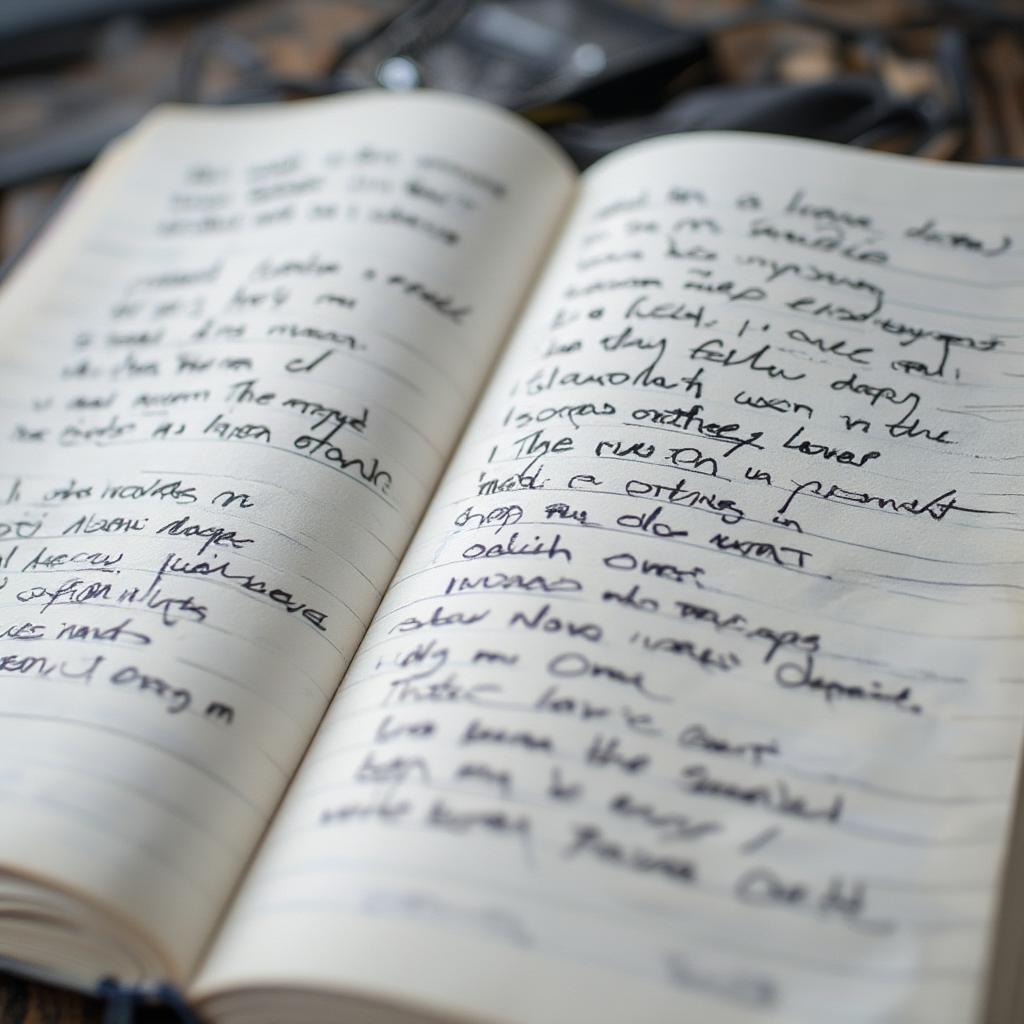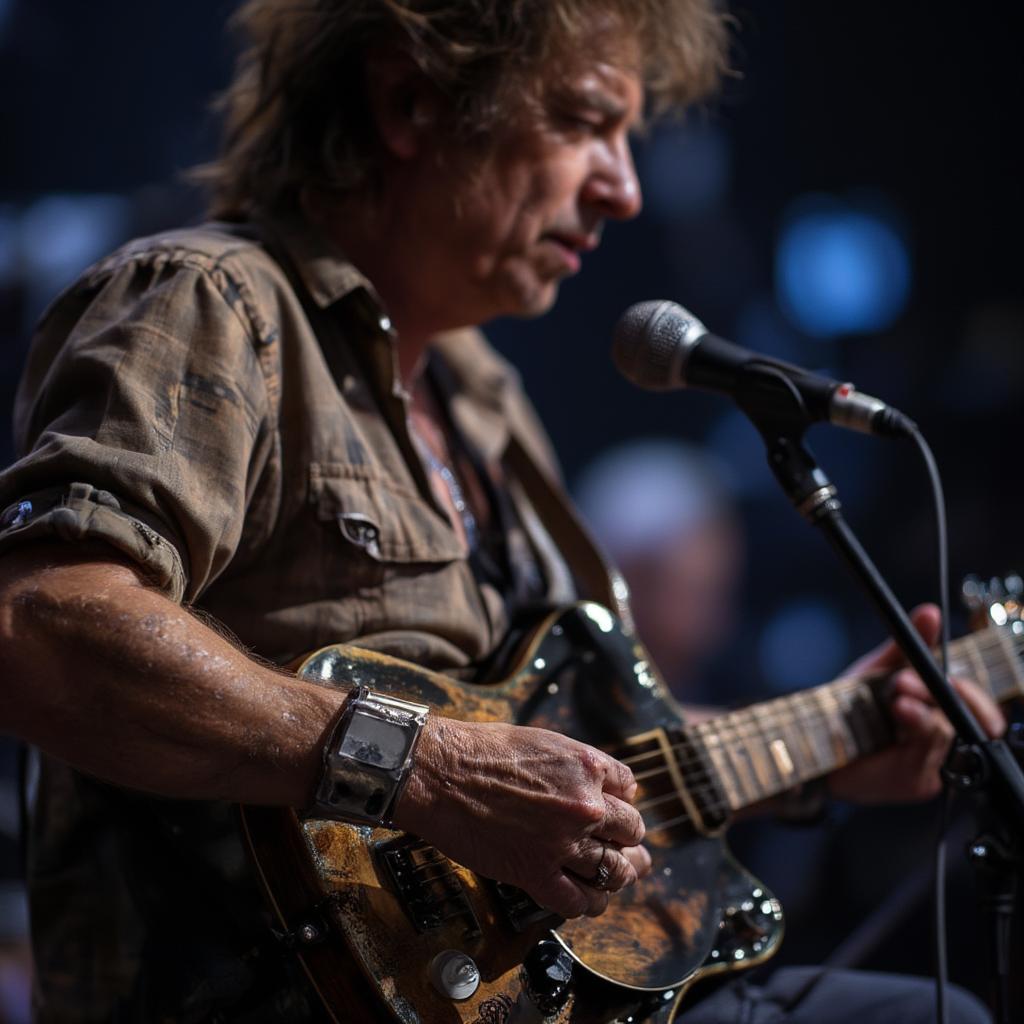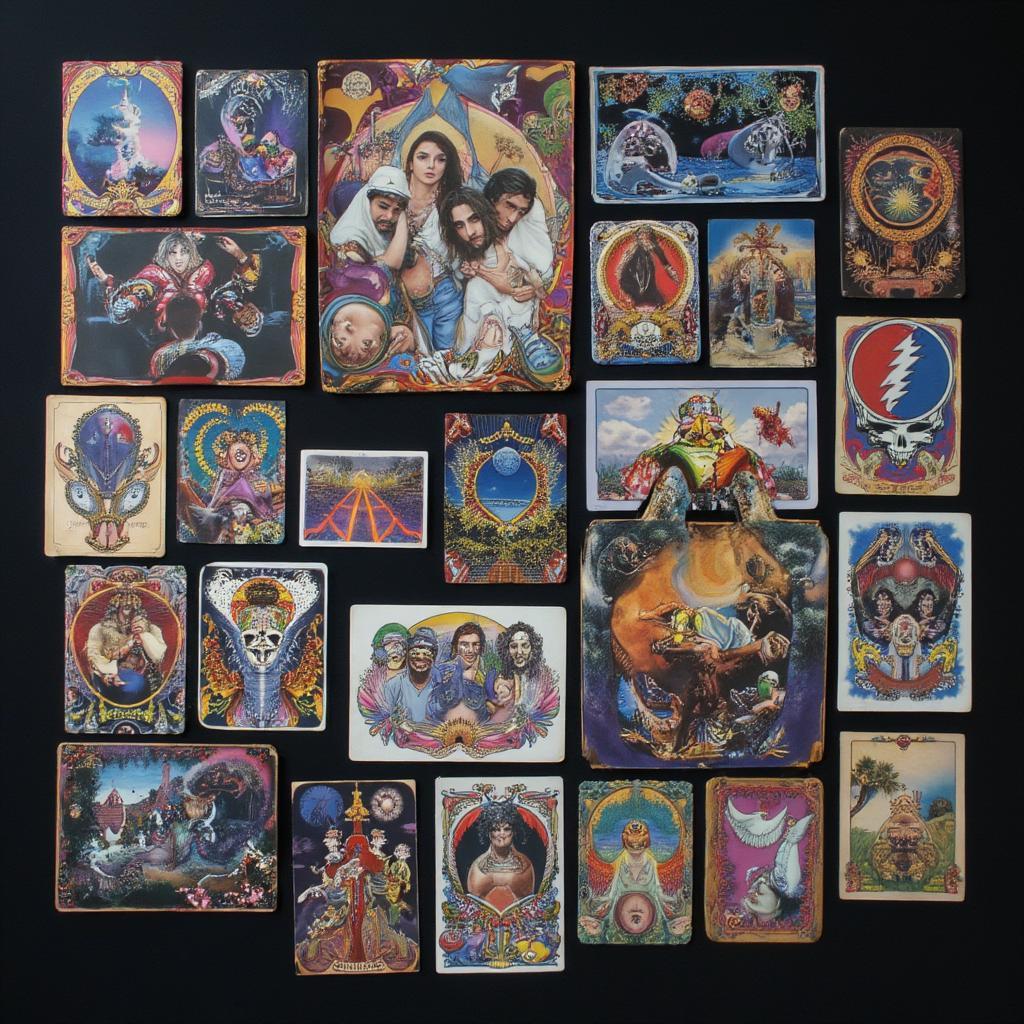Decoding Bob Dylan Songwriting: A Journey into Poetic Rebellion

So, you wanna get inside the head of a songwriter, huh? Not just any songwriter, but the one and only, the enigmatic Bob Dylan? Well, buckle up, ’cause it’s a wild ride, a trip through metaphors, protest, and the restless heart of America. Bob Dylan Songwriting, it ain’t just about rhyming words, it’s about capturing a moment, a feeling, and throwing it back at the world with a twist.
It’s like trying to pin down a cloud, isn’t it? You look at his lyrics, and sometimes they seem like a tangled mess, other times it’s like a punch to the gut, raw and real. That’s the beauty of it, though. It’s not supposed to be easy. It’s supposed to make you think, make you question things, maybe even make you a little uncomfortable.
The Roots of Dylan’s Unique Sound
Where does this all come from? Well, it’s a blend, a gumbo if you will. You’ve got the folk tradition, the Woody Guthrie dustbowl stories, the blues, and a dash of that beatnik poetry, all mixed together and served up with his distinctive voice. He wasn’t trying to be anyone else, and that’s what made him so damn compelling. He took all these threads and wove them into something entirely his own. You can hear it in the simplicity of the chords, the raw emotion in his vocals, and most of all in the lyrics. Those lyrics are the backbone, the heart and soul of Dylan’s work.
The Power of Narrative: Storytelling as a Craft
He wasn’t just singing songs, he was telling stories. Think about “Hurricane,” the story of Rubin Carter, a boxer wrongly accused. It’s a journalistic report set to music, a cry for justice. Or take “Blowin’ in the Wind,” a song of questioning, of seeking answers. He uses these narratives to grab your attention, making you feel like you’re right there in the moment, experiencing it alongside him. He’s a master of capturing the human condition through storytelling, giving voice to the voiceless and shedding light on the overlooked. It’s a testament to the power of observation, of really seeing the world and then transforming that into art. He’s not just singing about a place or time, but about the feeling of a place, the mood of a time.
Why is Bob Dylan’s Songwriting So Enduring?
What is it about Bob Dylan’s songwriting that continues to resonate with people, generation after generation? It’s his ability to tap into something universal. The search for meaning, the struggle against injustice, the confusion of love and loss – these are themes that never go out of style. His songs are like a mirror reflecting back at the world, and what you see in that reflection is not always pretty, but it’s always honest. He doesn’t sugarcoat anything, he lays it all bare for you to grapple with, and that’s part of his enduring appeal. He doesn’t give you easy answers, but he does make you think.
“Dylan’s songs are like a roadmap of the human soul, charting the highs and lows, the victories and defeats. His work transcends time, speaking to us all,” says Dr. Eleanor Vance, a professor of American Literature at Columbia University, specializing in the impact of folk and protest music.
Exploring Dylan’s Lyrical Techniques
Alright, let’s get into the nitty-gritty, the stuff that makes a Bob Dylan song a Bob Dylan song. He’s a wizard with language, bending it, twisting it, and using it like a weapon or a shield depending on his mood.
Metaphor and Symbolism: Painting Pictures with Words
He isn’t always literal. He often uses metaphors and symbols, creating a layered meaning in his songs. Consider “Mr. Tambourine Man.” Who is the tambourine man? It’s open to interpretation. Is he a muse, a drug-induced hallucination, or just a figment of the imagination? The beauty is, it can be all of those things at once. He invites you to participate in the creation of meaning. He doesn’t tell you what to think, he shows you a world and then invites you to explore it with your own mind, that is part of the allure of his writing style.
The Power of the Repetitive Chorus and Refrain
Think of “Like a Rolling Stone,” the way the phrase “How does it feel?” punches through again and again. The repetition isn’t just a catchy hook, it’s a reminder, a challenge, an echo of the song’s central question. This technique reinforces his message, embedding itself deep into the listener’s subconscious. It’s rhythmic and hypnotic, making the message impossible to ignore. You find yourself saying it, thinking about it, letting it resonate long after the song has ended.
Subverting Expectations: The Art of the Unexpected
Dylan’s not afraid to break the rules. He plays with structure, rhythm, and even the conventional notions of what a song should sound like. He’ll throw in odd lines, unexpected shifts in tone, and images that are both beautiful and unsettling. It keeps you on your toes, preventing his music from ever becoming predictable. It forces the listener to engage actively, always asking “what’s next?”. He keeps you guessing and by doing so he keeps you listening.

Bob Dylan Songwriting: A Masterclass in Authenticity
Ultimately, what makes Dylan’s songwriting so powerful is its unwavering honesty. He writes about what he sees, what he feels, and what he believes in, without worrying about what others might think. He’s raw, unfiltered, and sometimes even contradictory. This authenticity is a powerful thing, and it’s what makes his music so timeless. It’s the soul laid bare for all to see, and while it may not be perfect, it’s always real. He didn’t go chasing after fame, but fame sought after him, because of the authenticity in his work.
The Importance of Observation and Experience
He draws from his own life, his observations, and his experiences. He’s a keen observer of the human condition, able to translate those observations into powerful and memorable songs. He’s the voice of the common man, the outsider, the one who is not afraid to speak truth to power. He’s the poet laureate of the disenfranchised, the lonely, the hopeful, and the lost.
“Bob Dylan wasn’t just a musician; he was a chronicler of the times, capturing the zeitgeist of a generation with unparalleled skill and conviction,” says James Riley, a music historian at the University of California, Berkeley. He emphasizes Dylan’s impact on not just music, but cultural narratives.
How Can We Learn From Bob Dylan’s Approach?
Okay, you might not be the next Bob Dylan, but you can definitely learn a thing or two from his approach to songwriting. Here are some lessons:
- Be Authentic: Write from your own experience, your own perspective. Don’t try to be someone else.
- Observe the World: Pay attention to the small details, the things that most people overlook. Find the story in the everyday.
- Don’t Be Afraid to Experiment: Break the rules, push boundaries, and try new things with language, structure, and rhythm.
- Embrace Ambiguity: Don’t feel like you have to spell everything out for your listeners. Let them draw their own conclusions.
- Be Honest: Sing about what’s real, what’s difficult, and what matters to you. Don’t shy away from tough topics.
Bob Dylan’s Impact on Future Generations of Songwriters
Bob Dylan didn’t just influence music; he revolutionized it. His impact can be heard in countless artists who have followed, from folk singers to rock stars to hip-hop artists. He showed that music could be a powerful force for change, that lyrics could be poetry, and that a song could be more than just entertainment. He paved the way for songwriters who wanted to speak their minds, challenge the status quo, and push the boundaries of what was possible. He showed that the imperfections and raw edges were actually the things that made the art so compelling.
The Enduring Legacy of Bob Dylan Songwriting
Bob Dylan’s songwriting is a testament to the power of words, the power of stories, and the power of honesty. His music is a complex tapestry of personal experience, social commentary, and poetic expression. He challenges, he provokes, and he inspires. He is a reminder that the greatest art is born from a place of truth and authenticity. Bob Dylan songwriting is not a formula but an ever evolving process.
To truly understand his impact, you can’t just read his lyrics on a page, you have to listen to his music, let it wash over you, and experience it for yourself. So, pick up a guitar, grab a pen and paper, and see what happens. Just remember to be yourself, and to tell your story. That’s the key to unlocking your own unique voice, and that, is the most valuable lesson we can take away from the songwriting of Bob Dylan. That’s how you make your own kind of noise, your own kind of shock, and maybe, just maybe, you’ll change the world.




